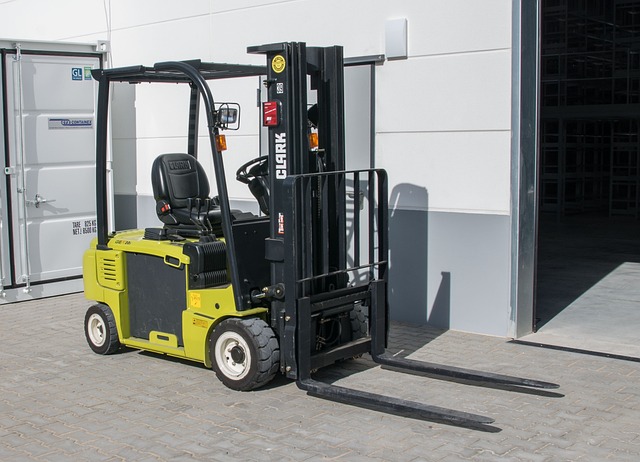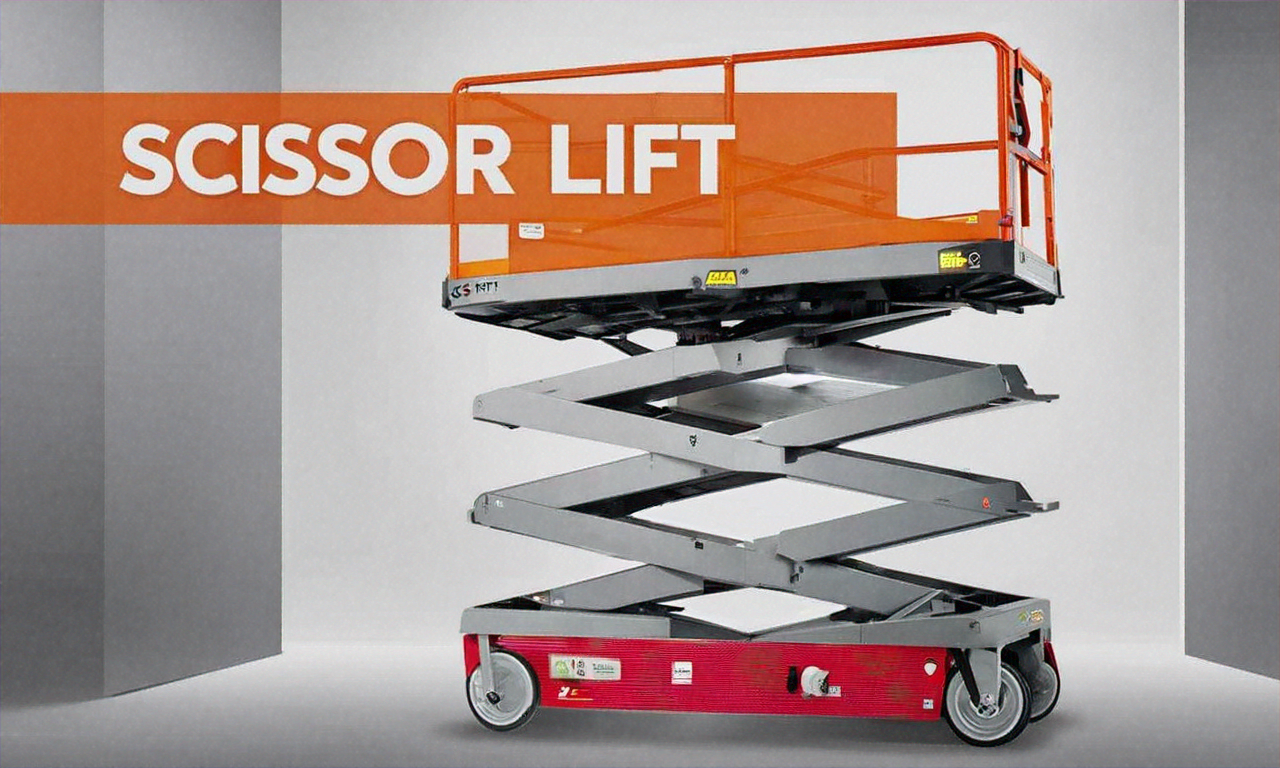Explore helpful tips on small trailers for daily use
Small trailers have become increasingly popular for daily transportation needs, offering versatility and convenience for both personal and professional use. Whether you're hauling equipment for work, transporting recreational gear, or moving household items, understanding the key features and considerations can help you maximize efficiency and safety. From weight capacity to storage solutions, these compact hauling companions require careful selection and proper maintenance to serve your daily needs effectively.

Discover the best small trailer designs
When selecting a small trailer for daily use, design plays a crucial role in functionality and durability. Utility trailers with open beds offer maximum versatility, allowing you to transport various items from landscaping materials to furniture. Enclosed trailers provide weather protection and security for valuable equipment or sensitive cargo. Box trailers feature solid sides and tailgates, making them ideal for loose materials like mulch or gravel. Flatbed designs excel at carrying larger items that extend beyond standard dimensions. Consider your primary hauling needs when evaluating different design options, as each style offers distinct advantages for specific applications.
Understand key features for daily use
Essential features can significantly impact your trailer’s performance and longevity. Weight capacity determines what you can safely transport, with most small trailers ranging from 1,000 to 3,500 pounds. Axle configuration affects stability and load distribution, with single axles suitable for lighter loads and tandem axles providing better weight handling. Coupler systems must match your vehicle’s hitch receiver, typically ranging from 1-7/8 inch to 2-5/16 inch ball sizes. Safety chains, breakaway systems, and proper lighting ensure legal compliance and road safety. Quality tires rated for your expected load and travel conditions prevent premature wear and potential failures.
Get practical tips for efficient transport
Proper loading techniques maximize safety and trailer longevity. Distribute weight evenly across the trailer bed, placing heavier items toward the front near the axle. Secure all cargo with appropriate tie-downs, straps, or nets to prevent shifting during transport. Check tire pressure regularly, as underinflated tires increase fuel consumption and wear. Maintain proper tongue weight, typically 10-15% of total loaded weight, to ensure stable towing. Practice backing up and turning in empty parking lots before hauling valuable cargo. Regular maintenance including bearing lubrication, brake adjustments, and electrical connections prevents roadside breakdowns.
Explore considerations for your needs
Your specific requirements should guide trailer selection decisions. Frequency of use determines whether investing in premium features justifies the additional cost. Storage space at your home or business affects trailer size and design choices. Local regulations may restrict trailer dimensions or require special licensing for larger units. Consider future needs alongside current requirements, as purchasing a slightly larger trailer may prove more economical than upgrading later. Climate conditions in your area influence material choices, with galvanized steel or aluminum construction offering better corrosion resistance in coastal or harsh weather environments.
| Trailer Type | Typical Weight Capacity | Price Range | Best For |
|---|---|---|---|
| Basic Utility | 1,000-2,000 lbs | $800-$1,500 | Light hauling, yard work |
| Enclosed Cargo | 1,500-3,000 lbs | $2,000-$4,500 | Weather protection, security |
| Heavy Duty Utility | 2,500-3,500 lbs | $1,500-$3,000 | Construction, landscaping |
| Specialty Box | 1,200-2,500 lbs | $1,200-$2,800 | Loose materials, debris |
Prices, rates, or cost estimates mentioned in this article are based on the latest available information but may change over time. Independent research is advised before making financial decisions.
Make informed decisions for your trailer purchase
Research reputable manufacturers and dealers in your local area to ensure quality products and reliable service support. Compare warranty coverage, as longer warranties often indicate manufacturer confidence in their products. Read customer reviews and seek recommendations from others who use trailers for similar purposes. Consider the total cost of ownership, including registration fees, insurance, and maintenance expenses. Test different models when possible to evaluate ease of use, maneuverability, and overall build quality. Factor in accessories like spare tires, tool boxes, or specialized tie-down systems that may enhance functionality for your specific applications.
Selecting the right small trailer for daily use requires balancing your immediate needs with long-term considerations. Quality construction, appropriate capacity, and proper maintenance ensure years of reliable service. Whether you choose a basic utility trailer or a specialized enclosed model, understanding these fundamental principles helps you make an informed decision that serves your transportation needs effectively and safely.




